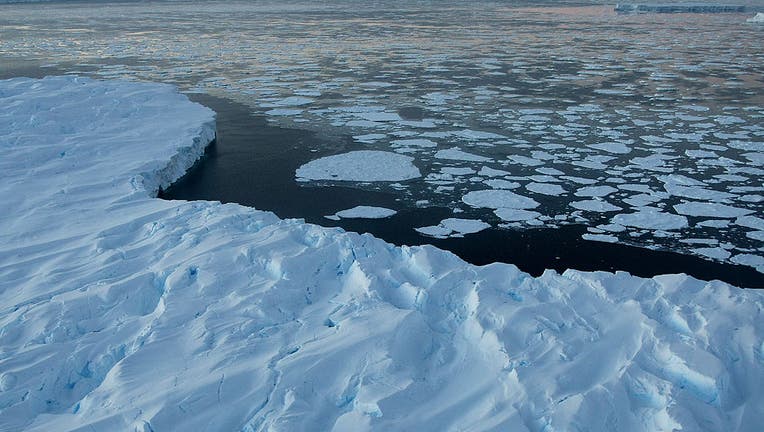Between 2021 and 2023, the Antarctic Ice Sheet (AIS) experienced an unexpected and significant increase in mass, marking a temporary reversal after years of consistent ice loss. According to recent scientific findings, this shift is largely attributed to an unusual surge in snowfall, particularly affecting several glacier basins in East Antarctica.
The study, conducted by researchers from Tongji University and affiliated institutions, utilized satellite gravimetry data from the GRACE and GRACE-FO missions—satellite programs that detect changes in Earth’s gravitational field to estimate ice mass variation. The results revealed that while Antarctica had been shedding approximately 142 gigatons of ice annually between 2011 and 2020, it began gaining around 108 gigatons per year from 2021 to 2023.

This increase, though brief, was substantial enough to temporarily slow the pace of global sea level rise by approximately 0.3 millimeters per year during the same time frame.
The most prominent changes were observed in Wilkes Land and Queen Mary Land in East Antarctica, home to the Totten, Denman, Moscow University, and Vincennes Bay glacier basins. These areas had previously shown significant signs of ice loss due to accelerated melting and discharge into the ocean. However, the recent snowfall events appear to have mitigated some of that decline, at least temporarily.
Despite the encouraging data, scientists caution that this development does not signal a long-term reversal of climate trends. The mass gain appears to be driven by atypical precipitation patterns, which may not persist in the coming years.
As the Antarctic Ice Sheet contains over half of the planet’s fresh water, its behavior remains a critical factor in global sea level dynamics. The current mass increase serves as a reminder of the complex and often unpredictable nature of polar climate systems. Experts emphasize that unless this trend is supported by broader and sustained climatic shifts, the reprieve in sea level rise is likely to be short-lived.
Source: “Spatiotemporal mass change rate analysis from 2002 to 2023 over the Antarctic Ice Sheet and four glacier basins in Wilkes-Queen Mary Land,” Science China Earth Sciences, March 19, 2025.
